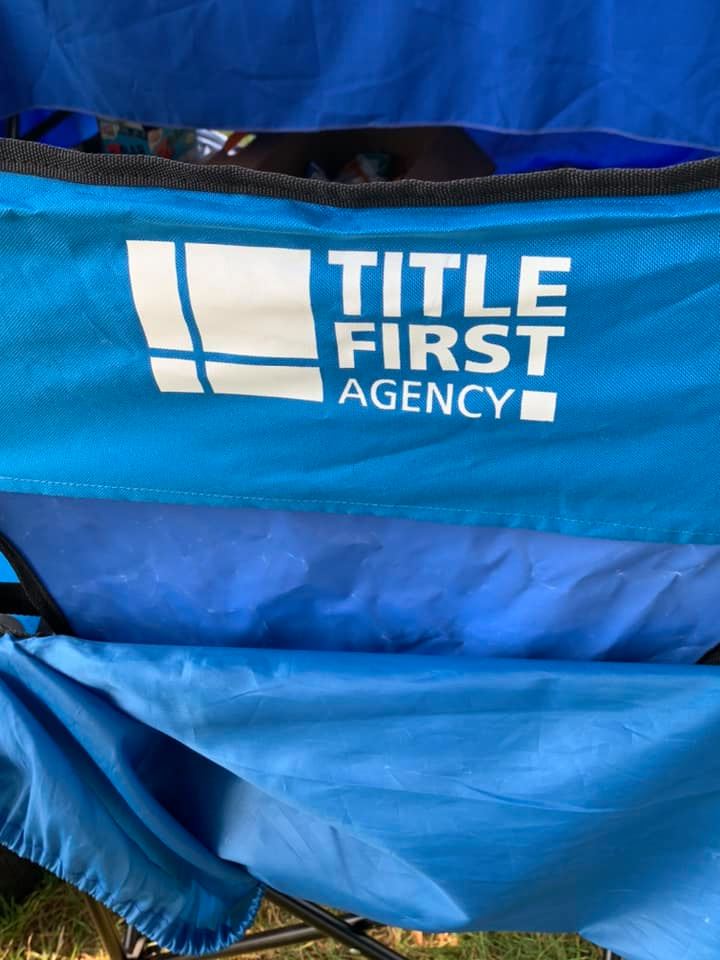
Homeowner associations are organizations that oversee a group of homes by setting and enforcing rules as well as maintaining the grounds. They are common in planned developments. Those who purchase homes and agree to their terms and fees at the closing of the home in these communities.
Owning a home in these communities binds the owner to the association’s covenants, conditions, and restrictions (CC&Rs). The HOA also has legal powers, such as placing a lien on the home, imposing fines, or suing the homeowner for not complying with the rules. The HOA creates the CC&Rs and strictly enforces them.
When buying a home in a community with an HOA, it’s important to ask your realtor or the HOA for the CC&Rs to make sure it is up to date and is satisfactory to you as the buyer. Rules of the HOA are different and may be unique in each community so never assume from previous experience or hearsay from others in different communities with an HOA.
For the HOA to operate, there needs to be funds collected through fees paid by the homeowners. Often these fees are high, they can differ even within a development due to variations in square footage, location, and orientation.
The Benefits of an HOA
- Property values remain high. With an HOA, homeowners can expect the community will hold to all the standards, regulations, and processes that are put in place to manage all home exteriors and landscaping.
- Access to amenities. Often, appealing and rewarding advantages to an HOA membership are increased amenities. Having Exclusive access to well-maintained swimming pools, walking trails, parks, playgrounds, fitness centers, golf courses, gardens, and clubhouses is well worth the cost.
- Standards of compliance. Because of the guidelines that must be complied with, the HOA will not tolerate unruly behavior—whether it’s a rambunctious late-night party in someone’s backyard or a clear disregard for architectural rules. There’s a board set in place to mediate neighbor disputes and set forth consequences when things go wrong.
- HOA leaders live in their communities and better understand the needs of the homeowners and residents, from the delivery of core services and amenities to decisions that affect the future of the community.
The Downside of an HOA
- The cost. Being a part of a community with an HOA means regular monthly fees that can be expensive depending on where it is and what type of amenities are available. This bill is not tied in with a mortgage and if not paid, the HOA may place a lien on the home and possibly foreclose on it. The fee can increase over time.
- An excess of restrictive rules and regulations. An HOA probably won’t let homeowners personalize their homes the way they have always dreamed. Owners must adhere to paint colors, the number of cars in a driveway, fencing, pets (size & breed), the length of their grass, and the composition of a garden.
- Loss of freedom. Because homeowners are automatically required to agree to the HOA’s strict rules and regulations, there are few avenues to dispute a rule that the owner may disagree with.
The Bottom Line: An HOA has a significant impact on a community with CC&Rs. Maintaining a home can consume a lot of an owner’s time and with an HOA in place, there are plenty of benefits to reap. When it comes to selling a home an owner can feel confident as an HOA exists to maintain the community to increase property values. The rules in place are to protect the property value of the home by ensuring that your home and the homes around your property remain beautiful and desirable all year round. On the flip side, paying a monthly fee and abiding by their restrictive rules that the homeowner may not agree with might not be worth it.

 See Our National Coverage Map
See Our National Coverage Map

